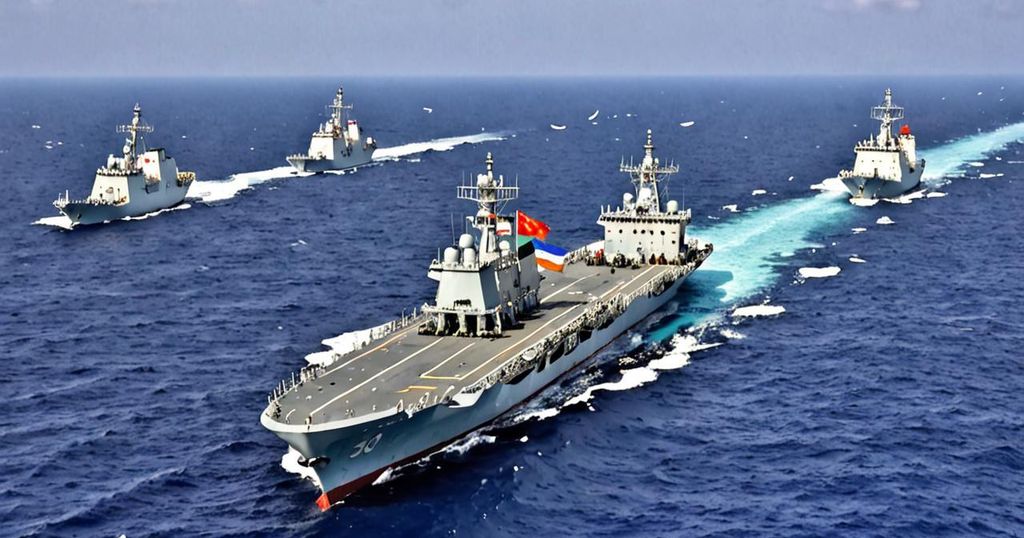India has recently expressed its opposition to unilateral actions aimed at changing the status quo by force in the South China Sea. This stance was taken in response to escalating tensions between China and the Philippines in the region. The incident that led to the heightened tensions involved a violent clash between the maritime security personnel of the two countries.
Randhir Jaiswal, spokesperson for the Indian Ministry of External Affairs, emphasized India’s commitment to international law, respect for the rules-based order, and peaceful dispute resolution. He also underscored the importance of avoiding any actions that could destabilize the region. India has consistently advocated for the peaceful resolution of disputes and opposed any unilateral actions that seek to change the status quo through force or coercion.
The South China Sea is an area of significant geopolitical importance due to its abundance of hydrocarbons. China has laid claim to sovereignty over the entire region, a claim that is contested by countries such as Vietnam, the Philippines, and Brunei. India, along with other democratic nations, has been advocating for the peaceful settlement of disputes and adherence to international law, particularly the United Nations Convention on the Law of the Sea (UNCLOS).
The United States has also expressed concerns over China’s recent actions in the South China Sea. National Security Advisor Jake Sullivan engaged in discussions with his Filipino counterpart, Eduardo M Ano, to address the escalating tensions. The US reiterated its commitment to the US-Philippines Mutual Defense Treaty, which extends to armed attacks on Philippine armed forces, public vessels, or aircraft in the South China Sea.
The international community has been closely monitoring the situation in the South China Sea, as the region’s stability is of global significance. The need for peaceful resolution of disputes and the avoidance of unilateral actions that could lead to further destabilization has been emphasized by multiple countries. The involvement of major powers such as India and the US highlights the importance of upholding international law and maintaining stability in the South China Sea.
In conclusion, India’s opposition to unilateral actions seeking to change the status quo by force, its support for peaceful dispute resolution, and adherence to international law reflects the broader international effort to address the escalating tensions in the South China Sea. The involvement of key stakeholders such as the US and India underscores the significance of finding a peaceful and diplomatic resolution to the disputes in the region.

Leave a Reply